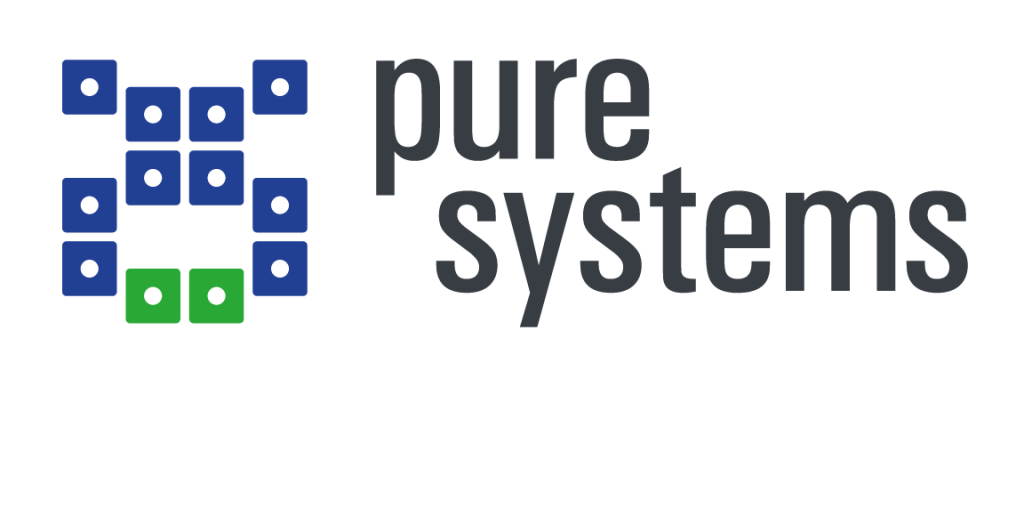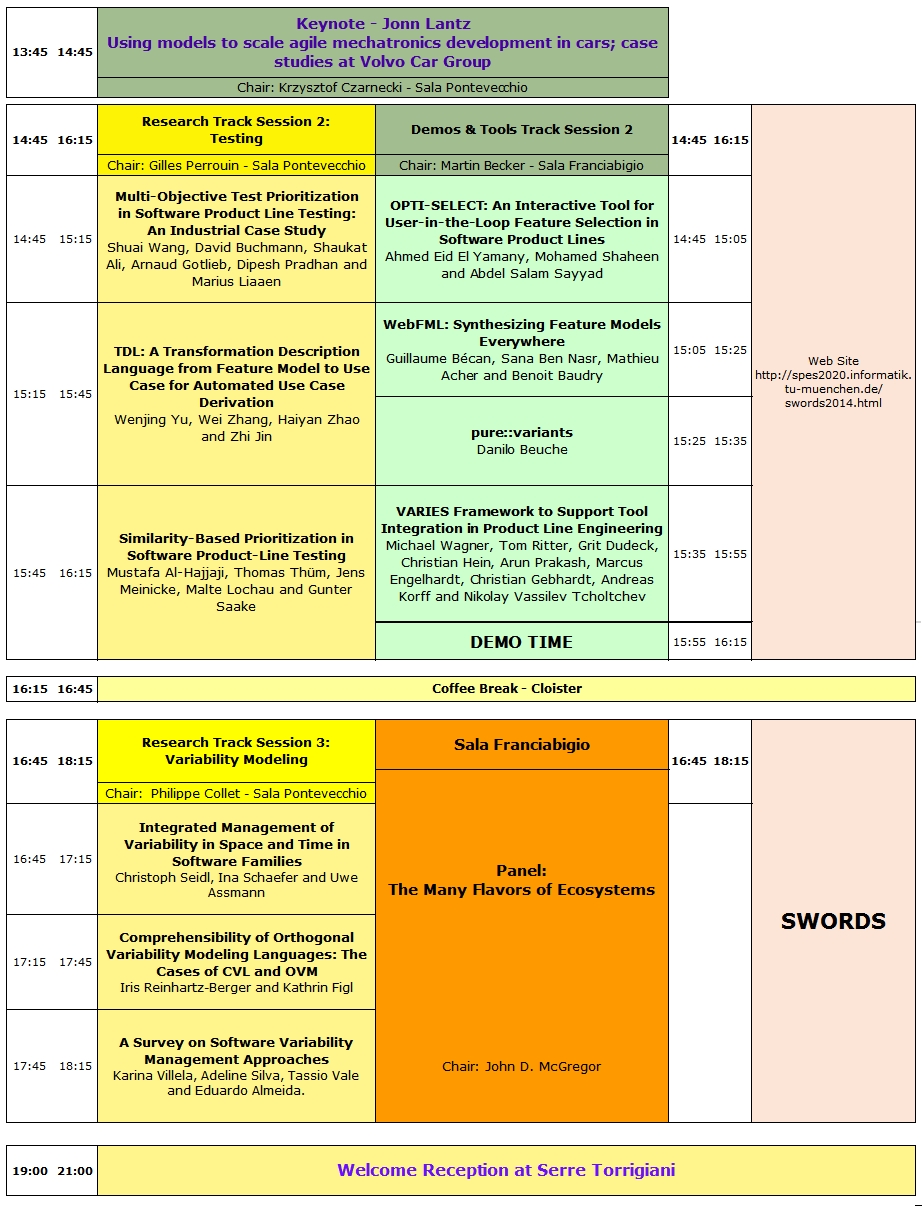The Southern Poverty Law Center (SPLC) is a renowned organization that plays a crucial role in combating hate, advocating for civil rights, and promoting equality in the United States. Founded in 1971, the SPLC has become a trusted voice in addressing social injustices and monitoring hate groups across the country. In this article, we will delve into the meaning of SPLC, its mission, and the significant impact it has had on society.
As the world becomes increasingly polarized, the work of organizations like the SPLC has never been more important. By shedding light on extremist activities and providing educational resources, the SPLC empowers individuals to take a stand against hate and discrimination. This article aims to provide a comprehensive understanding of the SPLC and its contributions to creating a more just and inclusive society.
Whether you are a student, activist, or simply someone who cares about social justice, this article will equip you with the knowledge and tools to understand the SPLC's mission and significance. Let's explore the history, achievements, and challenges faced by this influential organization.
Read also:Who Voices Linguini In Ratatouille A Deep Dive Into The Character And Talent Behind The Scenes
Table of Contents
- History of the SPLC
- Mission and Core Values
- Tracking Hate Groups
- Legal Battles and Advocacy
- Educational Initiatives
- Challenges and Criticisms
- Impact on Society
- Key Statistics and Data
- Future Goals and Vision
- Conclusion and Call to Action
History of the SPLC
The Southern Poverty Law Center was founded in 1971 by Morris Dees and Joseph Levin Jr. in Montgomery, Alabama. Initially established as a small civil rights law firm, the SPLC quickly grew into a powerful organization dedicated to fighting hate and promoting equality. Over the decades, the SPLC has expanded its reach and influence, becoming a leading authority on hate groups and extremist activities in the United States.
Founders and Early Years
Morris Dees, a lawyer and civil rights advocate, played a pivotal role in shaping the SPLC's mission and vision. Alongside Joseph Levin Jr., Dees worked tirelessly to challenge discriminatory practices and advocate for marginalized communities. Their early efforts focused on landmark legal cases that addressed systemic injustices, such as school segregation and voting rights violations.
Key Milestones
- 1971: The SPLC is founded in Montgomery, Alabama.
- 1980s: The SPLC launches its Intelligence Project to monitor hate groups.
- 2000s: The organization expands its educational initiatives through Teaching Tolerance.
Mission and Core Values
The mission of the SPLC revolves around combating hate, advocating for civil rights, and promoting equality. By leveraging legal action, education, and investigative journalism, the SPLC aims to create a society where everyone is treated with dignity and respect.
Core Values
- Justice: Ensuring fair treatment for all individuals, regardless of race, religion, or background.
- Equality: Promoting equal opportunities and addressing systemic inequalities.
- Empathy: Encouraging understanding and compassion in diverse communities.
Tracking Hate Groups
One of the SPLC's most significant contributions is its work in monitoring and exposing hate groups. Through its Intelligence Project, the SPLC tracks the activities of white supremacists, neo-Nazis, and other extremist organizations. This data is crucial in raising awareness about the dangers posed by these groups and informing law enforcement agencies.
Methods of Monitoring
The SPLC employs a combination of investigative journalism, field research, and online monitoring to gather information on hate groups. Their annual report provides a comprehensive overview of the number and types of hate groups operating in the United States.
Legal Battles and Advocacy
The SPLC is renowned for its legal victories in landmark civil rights cases. By representing victims of hate crimes and challenging discriminatory practices, the organization has set important legal precedents. These cases not only provide justice for individuals but also serve as a deterrent to hate groups and extremist organizations.
Read also:Gypsy Rose Blanchard Boyfriend In Jail The Untold Story
Notable Cases
- United Klans of America v. Beulah Mae Donald: A landmark case that resulted in a $7 million judgment against the Ku Klux Klan.
- Children's Health Defense v. CDC: A recent case challenging vaccine mandates and advocating for children's rights.
Educational Initiatives
Education plays a vital role in the SPLC's mission to combat hate and promote equality. Through its Teaching Tolerance program, the organization provides free resources to educators, including lesson plans, classroom materials, and professional development opportunities. These resources help foster empathy and understanding in students of all ages.
Teaching Tolerance
Teaching Tolerance is one of the SPLC's flagship programs, offering a wide range of resources for educators. These resources cover topics such as race, gender, and social justice, empowering teachers to create inclusive and equitable learning environments.
Challenges and Criticisms
Despite its many achievements, the SPLC has faced challenges and criticisms over the years. Some critics argue that the organization's methods of monitoring hate groups can be overly broad, leading to the labeling of legitimate organizations as extremists. Additionally, the SPLC has faced scrutiny regarding its fundraising practices and organizational transparency.
Addressing Criticisms
The SPLC acknowledges these concerns and has taken steps to improve transparency and accountability. By engaging with critics and stakeholders, the organization strives to maintain its integrity and credibility in the fight against hate and discrimination.
Impact on Society
The impact of the SPLC on society cannot be overstated. Through its legal victories, educational initiatives, and investigative journalism, the organization has made significant strides in promoting equality and combating hate. The SPLC's work has inspired countless individuals to take a stand against injustice and work towards a more inclusive society.
Success Stories
- Exposing the activities of extremist groups and holding them accountable for their actions.
- Empowering educators with the tools and resources needed to create inclusive classrooms.
- Raising public awareness about the dangers of hate and extremism.
Key Statistics and Data
Data and statistics play a critical role in understanding the scope and impact of hate groups in the United States. According to the SPLC's 2022 report, there were over 1,000 active hate groups operating in the country. This number has fluctuated over the years, reflecting broader societal trends and political developments.
Key Findings
- White supremacist groups remain the largest category of hate groups in the United States.
- Anti-Muslim and anti-LGBTQ+ groups have seen a significant increase in recent years.
Future Goals and Vision
Looking ahead, the SPLC remains committed to its mission of combating hate and promoting equality. The organization plans to expand its educational initiatives, enhance its monitoring capabilities, and continue its legal advocacy efforts. By adapting to the evolving landscape of hate and extremism, the SPLC aims to stay at the forefront of the fight for justice and equality.
Innovative Approaches
The SPLC is exploring new technologies and strategies to address the challenges posed by online extremism and misinformation. By partnering with tech companies and other organizations, the SPLC hopes to create a safer and more informed digital environment.
Conclusion and Call to Action
In conclusion, the Southern Poverty Law Center (SPLC) has played a vital role in combating hate and promoting equality in the United States. Through its legal victories, educational initiatives, and investigative journalism, the SPLC has made significant contributions to creating a more just and inclusive society. As we continue to face challenges posed by hate groups and extremist activities, the work of the SPLC remains more important than ever.
We invite you to take action by supporting the SPLC's mission and sharing this article with others. By staying informed and engaged, we can all contribute to a world where hate has no place. For more information on the SPLC and its initiatives, visit their official website and explore their extensive resources.
References:
- Southern Poverty Law Center. (2022). Hate Map. Retrieved from https://www.splcenter.org.
- Teaching Tolerance. (2022). Resources for Educators. Retrieved from https://www.tolerance.org.


